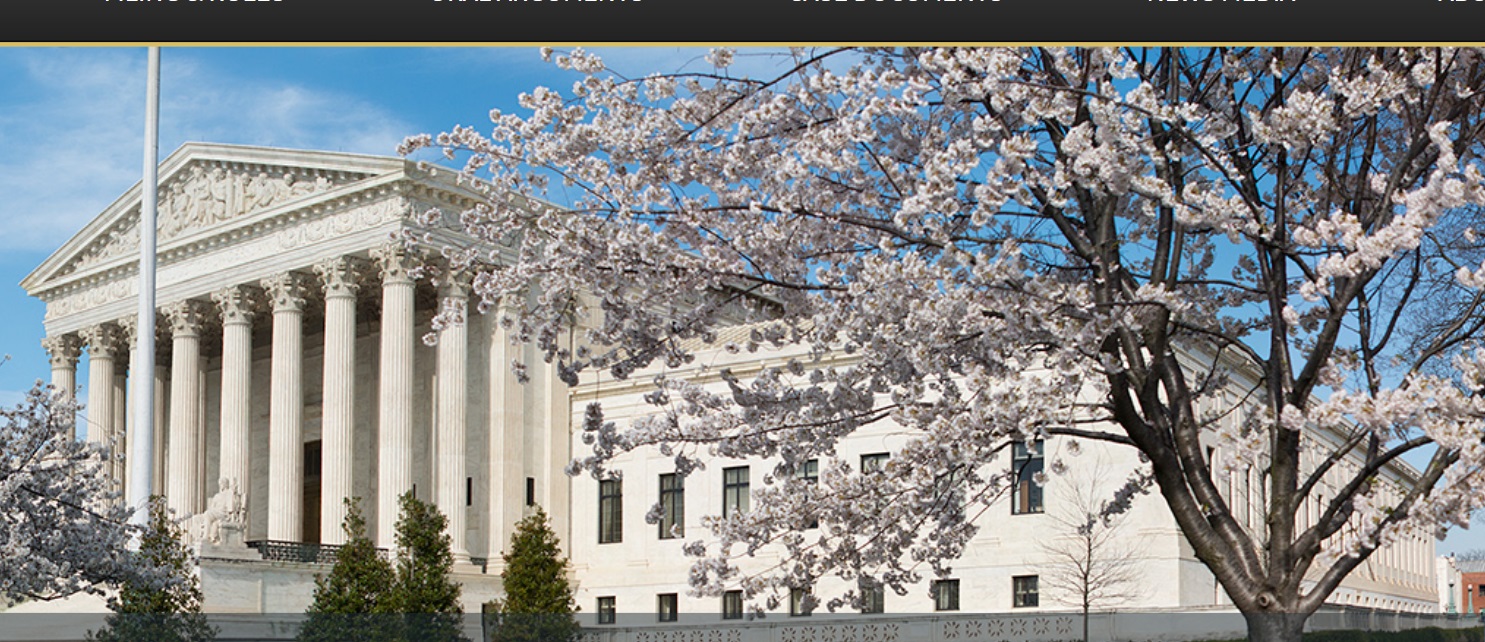Tribes: ANCs shouldn’t receive CARES Act funds
WASHINGTON, D.C. — Sixteen tribes wrote a letter to the U.S. Supreme Court April 20, stating that withholding CARES Act funds from Alaska Native corporations (ANCs) will not affect healthcare and other services for Alaska Native people. Among the tribes are the Confederated Tribes of the Chehalis Reservation, the Navajo Nation, and several Alaska tribes.
At issue is a District of Columbia Circuit court ruling from last September, which says that ANCs, which were originally slotted to receive $530 million, cannot share in the $8 billion of Covid-19 relief money set aside for tribal governments. Several ANCs, U.S. Treasury Secretary Janet Yellen and other groups are seeking to overturn that decision.
During oral arguments, ANCs counsel Paul D. Clement said if ANCs are “cut out of programs they participated in for decades, there are going to be tens of thousands of Alaska Natives who don’t get benefits that Congress plainly intended that they would receive, not just in the abstract, but through ANCs.”
Part of the group of pro-ANC petitioners, the ANCSA Regional Association and the Alaska Native Village Corporation Association said in a statement on April 19 that “for decades now, Alaska Native people have relied on ANCs to provide access to education, health, housing and economic support” and that “this misguided case puts these critical services at risk.”
In their letter, the 16 tribes say that “no gap in services in Alaska will arise” because “the vast majority” of services connected with the Indian Self-Determination and Education Assistance Act (ISDEAA) are provided by federally recognized tribes and various nonprofits.
The tribes also express concerns that a ruling for ANCs to be on par with federally recognized tribes would “unquestionably vest ANCs with new and untold tribal powers, touching all aspects of federal Indian law and policy and transforming the balance of governmental authority in Alaska.”
The Supreme Court is weighing the CARES Act definition of “Indian tribe” that was borrowed from ISDEAA, which allows tribes or tribal organizations to negotiate contracts directly with the federal government to provide their own healthcare services. Some justices question whether ruling against the ANCs will affect other laws that incorporate ISDEAA language.
“Congress plainly does not understand ANCs to play the role they claim here,” counsel for the tribes wrote in the letter. “In the recently enacted [American Rescue Plan Act], Congress made emphatically clear that tribal government funding should go to federally recognized tribes alone.”
In the CARES Act, Congress mandated funding for “any Indian tribe, band, nation, or other organized group or community, including any Alaska Native village or regional or village corporation . . . which is recognized as eligible for the special programs and services provided by the United States to Indians because of their status as Indians.” The specific mention of ANCs here is a major hurdle for the tribes petitioning to uphold the D.C. Circuit’s ruling.
The Ute Tribe (not one of the 16 tribes represented in the letter but involved in the litigation) said in a statement on April 19 that the central issue is whether ANCs have “recognized governing bodies” to qualify for CARES Act funding. Justice Sonia Sotomayor told Jeffrey Rasmussen, who is representing the Ute Tribe, that this was his strongest argument.
The CARES Act, or Coronavirus Aid, Relief and Economic Security Act, was the first federal pandemic aid legislation. Its Title V provided $8 billion for tribal governments in March 2020, which remains to be litigated. The Native American Rights Fund has represented the Rosebud Sioux Tribe in pushing the case to the Supreme Court level. Some legal analysts expect the high court to issue its opinion sometime this summer.
(Contact Justine Anderson at justinekanderson@gmail.com)
The post Tribes: ANCs shouldn’t receive CARES Act funds first appeared on Native Sun News Today.

